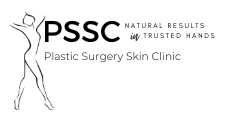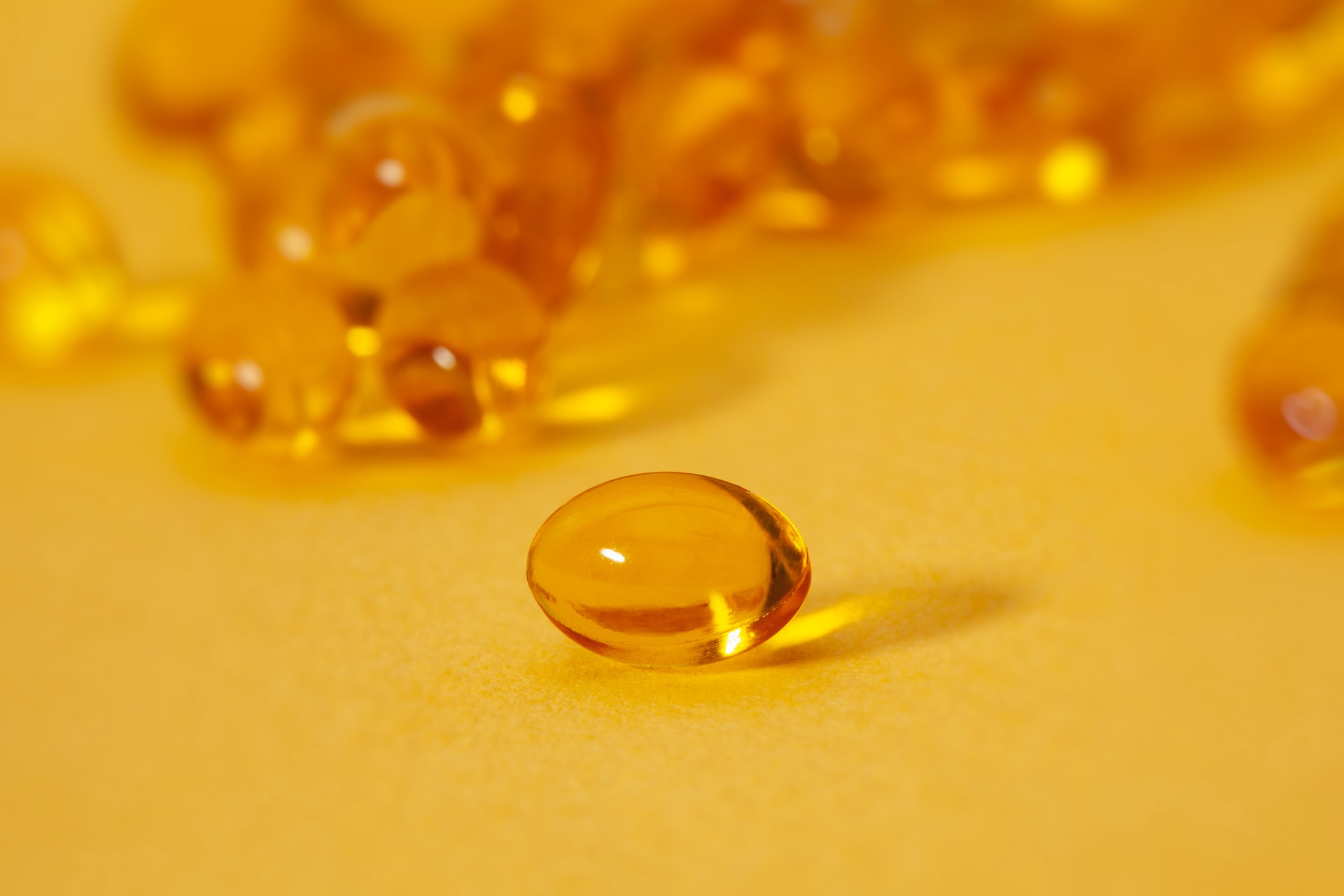Even with a healthy diet, many of us simply aren’t getting enough nutrients. The worst part: when we miss out on key nutrients it shows on our skin, aging us prematurely.
Today, we take a look at the supplements and the vitamins that can help us get the nutrients we need for healthy, youthful-looking skin.
Antioxidants
“Antioxidant” can be a bit of a buzzword for anti-aging products since the turn of the century, but what does it actually do?
The main benefit of antioxidants, such as those found in cranberries and blackberries, protect against free radicals. Free radicals are highly reactive atoms or molecules that occur as a result of biochemical reactions in the body. The presence of free radicals causes oxidation, resulting in some of the most visible signs of aging.
What we put in our bodies and goes onto our skin can directly affect the production of free radicals in our bodies. For instance, fried food, alcohol, pollutants, and cigarette smoke can all increase free radical production.
This is where antioxidants come in. They are both reactive and proactive. Having antioxidants in your body can reduce the production of free radicals, as well as neutralizing the free radicals that do form.
Fortunately, the sources for antioxidants are abundant. Berries are particularly high in antioxidants, and fruits like apples are also a great source. Green tea extracts are a particularly good supplement as they also contain polyphenols which also help scavenge free radicals.
It is best to consume your antioxidants from a wide variety of sources, as different antioxidants remove different free radicals.
Collagen
Collagen is the most plentiful protein in the body. It is well known for its association with skin health, reducing wrinkles and dryness, but also has immense importance to the rest of your body. Collagen production supports muscle mass, reduces bone loss, and even helps relieve joint pain.
For your skin, the primary benefits of collagen supplements are improving elasticity and increasing collagen density. As we age, collagen production slows and we need to start looking for outside sources and supplements.
Although there are many sources of collagen available, they aren’t all created equal. Studies show that while collagen supplements are effective, topical creams are not.
Omega-3 Fatty Acids
Omega-3 fatty acids are found naturally in sources like fish and plants. The main acids in this category are EPA (eicosapentaenoic acid), ALA (alpha-linolenic acid), and DHA (docosahexaenoic acid). These acids have several benefits ranging from heart health to fighting depression and anxiety.
The main ways that Omega-3 fatty acids improve your skin health is through their anti-inflammatory properties and ability to moisturize your skin from the inside. It helps to reduce dry, itchy skin, as well as locking moisture in to keep skin healthy and youthful-looking.
Fish oil is an especially good supplement for Omega-3. It has a more complete profile than the Omega-3 acids found in plants. Fish contain both EPA and DHA, whereas plant sources, like flaxseed only have ALA. Although, you can still benefit from using multiple sources.
Probiotics
Our bodies evolved to expect probiotics. Up until the last century, fermentation was among the most common ways to preserve food. As a result, we used to get a lot of probiotics. Now, with more advanced preservation techniques, most of us aren’t getting enough.
Probiotics directly improve the health of gut bacteria. Having healthy gut bacteria has been linked to better-looking skin and fewer breakouts, making it a must for acne-prone skin.
Natural sources like yogurt and kombucha are great, but it’s hard to get enough without supplementation. When choosing probiotics it’s best to choose ones that require refrigeration, these are usually more effective. Look for products that contain anywhere from 5 to 15 billion colony-forming units.
Vitamins
There is a longstanding criticism of vitamins that holds true for many supplements – taking a vitamin isn’t as good as getting vitamins from natural sources. That being said, if your diet isn’t getting you enough vitamins naturally, supplementation is the easiest way to get enough.
In short, you don’t want to rely on vitamin supplements alone, but that doesn’t mean they are without benefit.
Vitamin A
Found naturally in foods like sweet potato, beef liver, and cod liver oil, vitamin A is both anti-oxidizing and anti-inflammatory. For supplements, both topical creams and ingested capsules are effective delivery systems.
Vitamin C
Another antioxidant, vitamin C also promotes collagen production, reducing wrinkles and combatting dry skin. Oranges are the food most famously associated with vitamin C although vegetables like broccoli, peppers, and spinach are particularly good sources. Topical vitamin C sources are most effective in formulations containing vitamin E.
Vitamin D
The sun is generally recognized as the best source of vitamin D. So most supplementation occurs during the winter. However, vitamin D supplementation has value year-round as it helps prevent sun-damaged skin by protecting it from UV radiation.
In addition to reducing sun damage, vitamin D is associated with reducing wrinkles.
Improve Your Skin Health at Our Newmarket Clinic
For healthy, youthful-looking skin, Plastic Surgery Skin Clinic is Newmarket’s source for the most advanced and trusted treatments. Our plastic surgeons tailor each treatment to your specific needs, skin, and goals.
Contact us today and schedule your skin care consultation.

